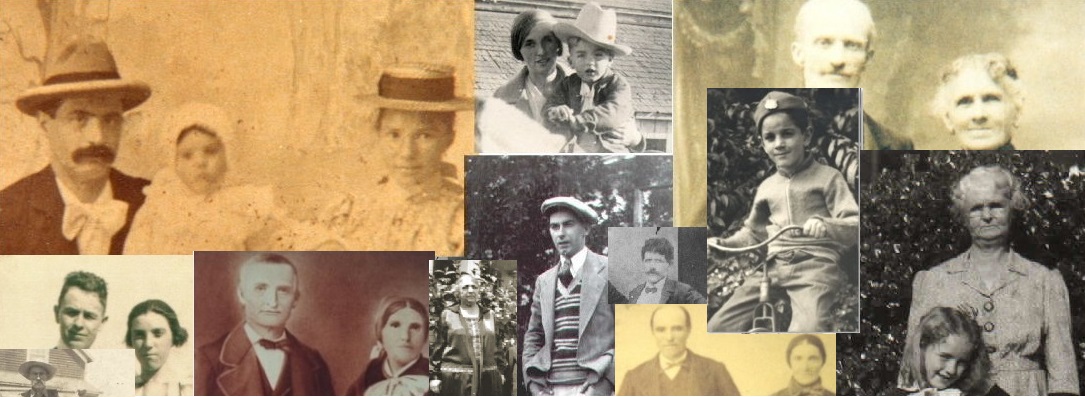Fearless Females #13…Moments of Strength
I’ve told this story many times before. It is the story of how my great grandfather was smuggled from Hawaii. Each time I retell the story, I can’t help but think of the events and how they must have affected my great grandmother, Maria (de Braga) Pacheco.
Sometime around 1904, my great grandfather, Theodoro Pacheco, found out he had leprosy. It may as well been a death sentence. Hawaiian law forbid lepers from living at home with their family. They were ordered to move to Molokai–a forced deportation.
I can only imagine the meetings in the little house on the Kilauea sugar plantation that transpired after Theodoro got the bad news. He and Maria had four young children to thing of and she was pregnant with number five.
With the help of his brother, Manoel, and br0ther-in-law, Joaquim Jacinto da Camara (aka John Cosma), the family plotted Theodoro’s escape. They paid off a ship captain, set up phony identies, and smuggle the family to California.
The family arrived in San Francisco Bay sometime in 1907. If the legend is true, my grandfather, Joao “Bohne” Pacheco Smith (Smith being their new name) was born three weeks before they made land. There is no birth certificate in Hawaii or California for him, so I can only assume the story is at least partly true.
My thoughts always turn to Maria. Here she is several months pregnant. She gets devastating news about her husband’s health. She accepts that they must flee Hawaii in order to stay together.
But somewhere in her heart she must know that no matter where they go, Theodoro won’t live very long. In the end, she will be left alone to take care of the children.
I wonder what thoughts may have crossed her as they packed up what little they owned. The authorities could arrive at anytime and take Theodoro away from her. They could be found out on the ship and be sent back to Hawaii. Something might happen to her on that voyage and then who would take care of Theodoro and the children?
I can only think that she was an incredibly strong person to get on board that ship. To think that just before they arrived in San Francisco she would go into labor and deliver her baby at sea.
But that was only the start of their problems. Though they had a place to live, Theodoro’s health decline. By 1910, he couldn’t hold a steady job. There’s not job listed for Maria in the 1910 census, but I imagine she did something to help keep the family afloat.
Their son, Willie, became sick, then died in 1913. Then Theodoro’s health worsened. He was at the San Leandro Infirmary (now Fairmont Hospital) for many weeks until he died.
I am sure as a woman in male dominated times, Maria didn’t have much choice in this matters. When the family decided Theodoro would leave Hawaii, she followed. When he no longer could work, she found a way to survive. And, when he left her alone with the children, she sought refuge in Spreckels, CA with her brother.
No, she probably didn’t have much choice in the matter. But somehow she survived it all.






